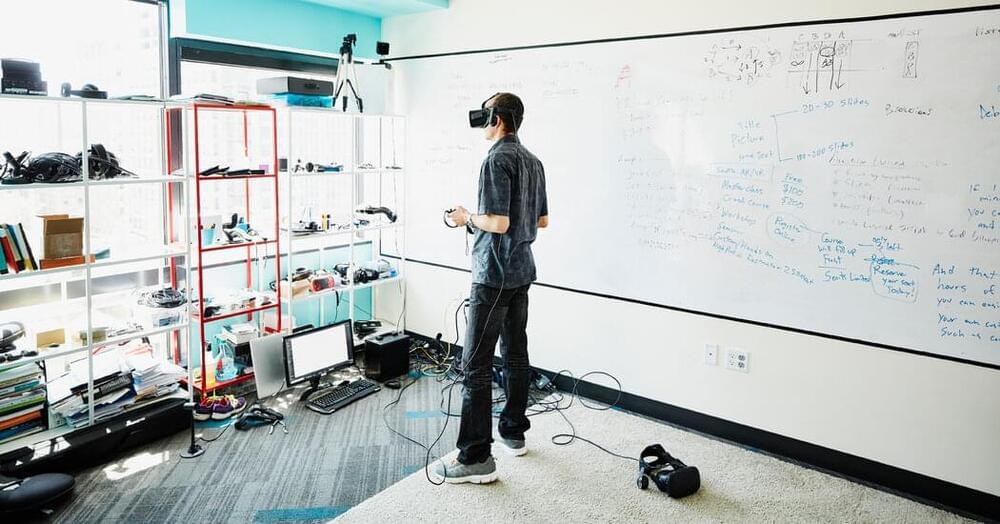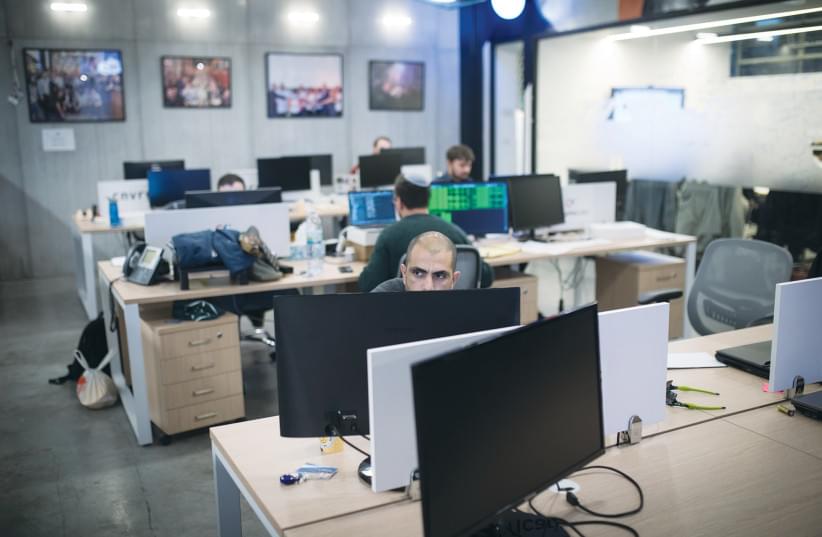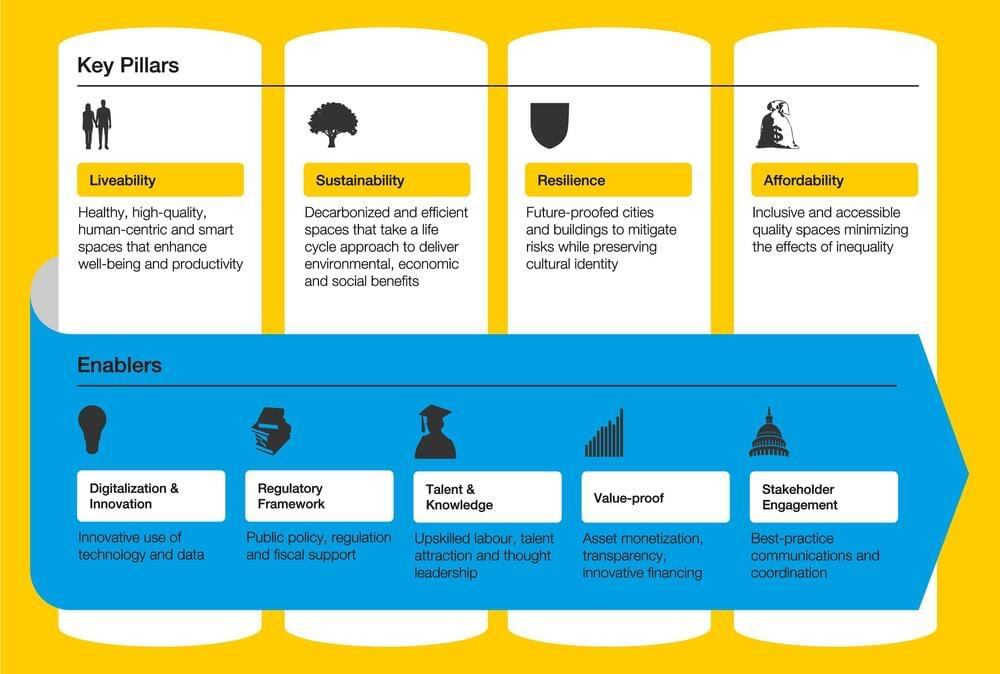Virtual environments have also shown promise for activists resisting digital authoritarianism. On Minecraft, Reporters Without Borders has sponsored an Uncensored Library where users could see content by dissident writers that had been censored in countries like Saudi Arabia, Russia and Vietnam. It’s possible that the metaverse may bring new promise for freedom and transparency across borders.
But the metaverse’s consequences may be even more radical.
If it becomes as all-encompassing as some predict, the metaverse may foster virtual communities, networks and economies that transcend borders and national identities. Individuals might one day identify primarily with metaverse-based decentralized autonomous organizations with their own quasi-foreign policies. Such a transition could mandate the reconceptualization of geopolitical affairs from the ground up.






